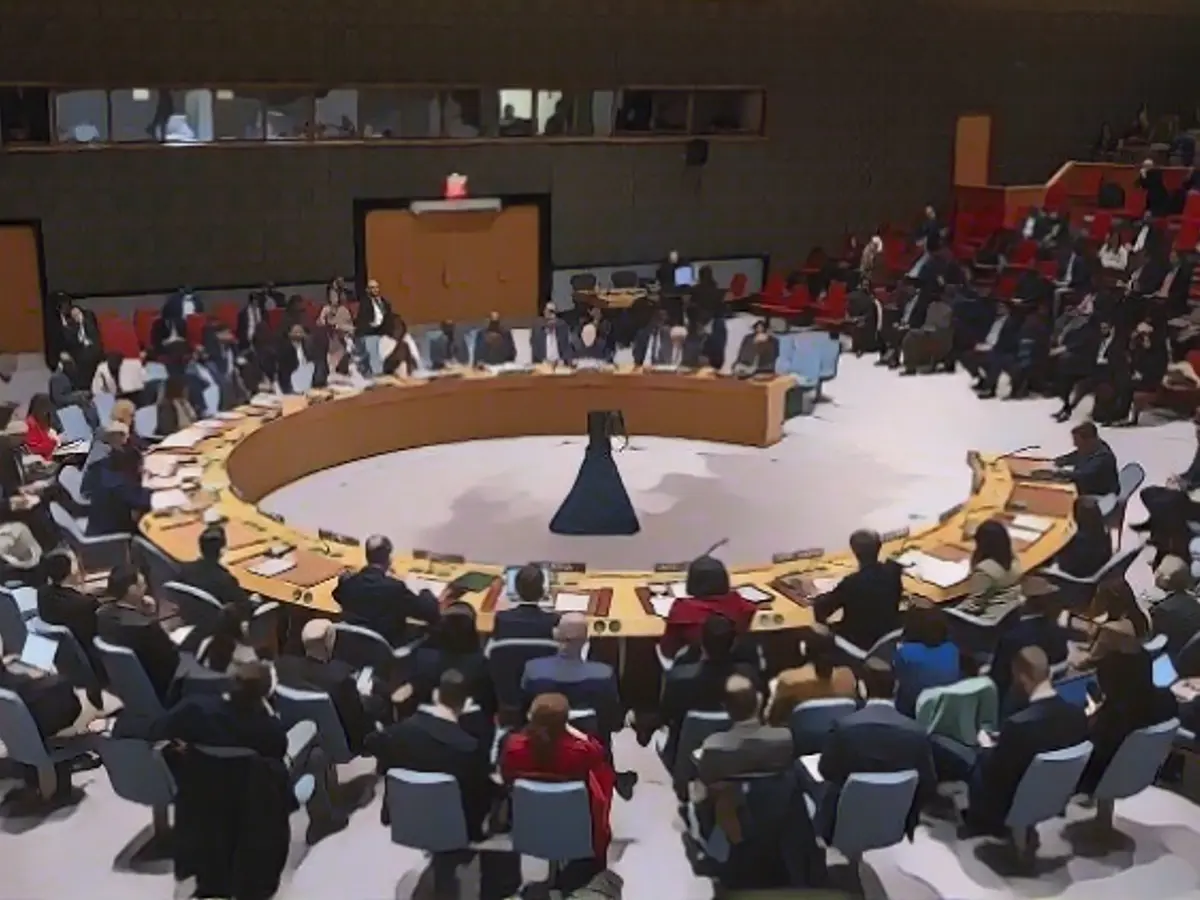Israel's Oceanic Assault on Hamas Tunnels Sparks Water Crisis Fears
In a bold move against their adversaries, Israel has constructed a squad of massive seawater pumps, capable of submerging Hamas's sprawling network of tunnels beneath the Gaza Strip since late November. However, the Israeli government's intentions remain unclear, with officials citing indecision and deliberation.
According to The Wall Street Journal, Israel's northern coastline now houses at least five seawater pumps. Each pump is powerful enough to draw water from the Mediterranean Sea and pump thousands of cubic meters of water per hour into the Hamas-controlled tunnels, ultimately flooding them within weeks. This tactical intervention aims to eradicate the tucked-away terrorist strongholds and cut off Hamas's clandestine operations.
However, the consequences of flooding Gaza's underground tunnels with seawater might stretch far beyond their military significance. Israeli officials shared their concerns with the US administration on Nov. 2, triggering a discourse on the feasibility, environmental impact, and military benefits of using seawater pumps to incapacitate the tunnels.
Military and Tactical Considerations
With the potential to destroy Hamas's secretive subterranean infrastructure, the deployment of seawater pumps could be a game-changing move in Israel's ongoing conflict against the Islamist militant group. The Israeli military has identified more than 800 tunnel shafts since the Gaza War's outset, 500 of which have already been destroyed. The military claimed that it had dismantled strategic Hamas facilities and eradicated kilometers of underground networks.
Assessing the Environmental Burden
While pressing the military advantage, Israel may face environmental backlash from the unusual tactic. The prime concern is the potential contamination of the Gaza Strip's already fragile water supply. The UN's Environmental Programme reported that contaminated wells, limited withdrawals from the aquifer, and saline intrusion have plagued Gaza's water crisis for years. The use of seawater pumps could exacerbate this predicament, leading to further pollution and desalination of the region's water resources.
In addition, the floodwater might threaten Gaza's vital infrastructure, including wastewater treatment facilities and residential structures. An environmental disaster could escalate the ongoing humanitarian crisis in Gaza, which features contaminated water sources, an overflow of untreated sewage, and long-term consequences for agricultural lands.
Israel's military facing a delicate balance between achieving their operational objectives and preserving the environment in an area where humanitarian concern and conflict entwine.
References:
[1] "Wall Street Journal" (2023, Nov 6). Israel Prepares to Flood Hamas's Tunnels with Seawater. Retrieved from
[2] "United Nations Environmental Programme" (2023, Nov 10). Water Crisis in Gaza Strip. Retrieved from








